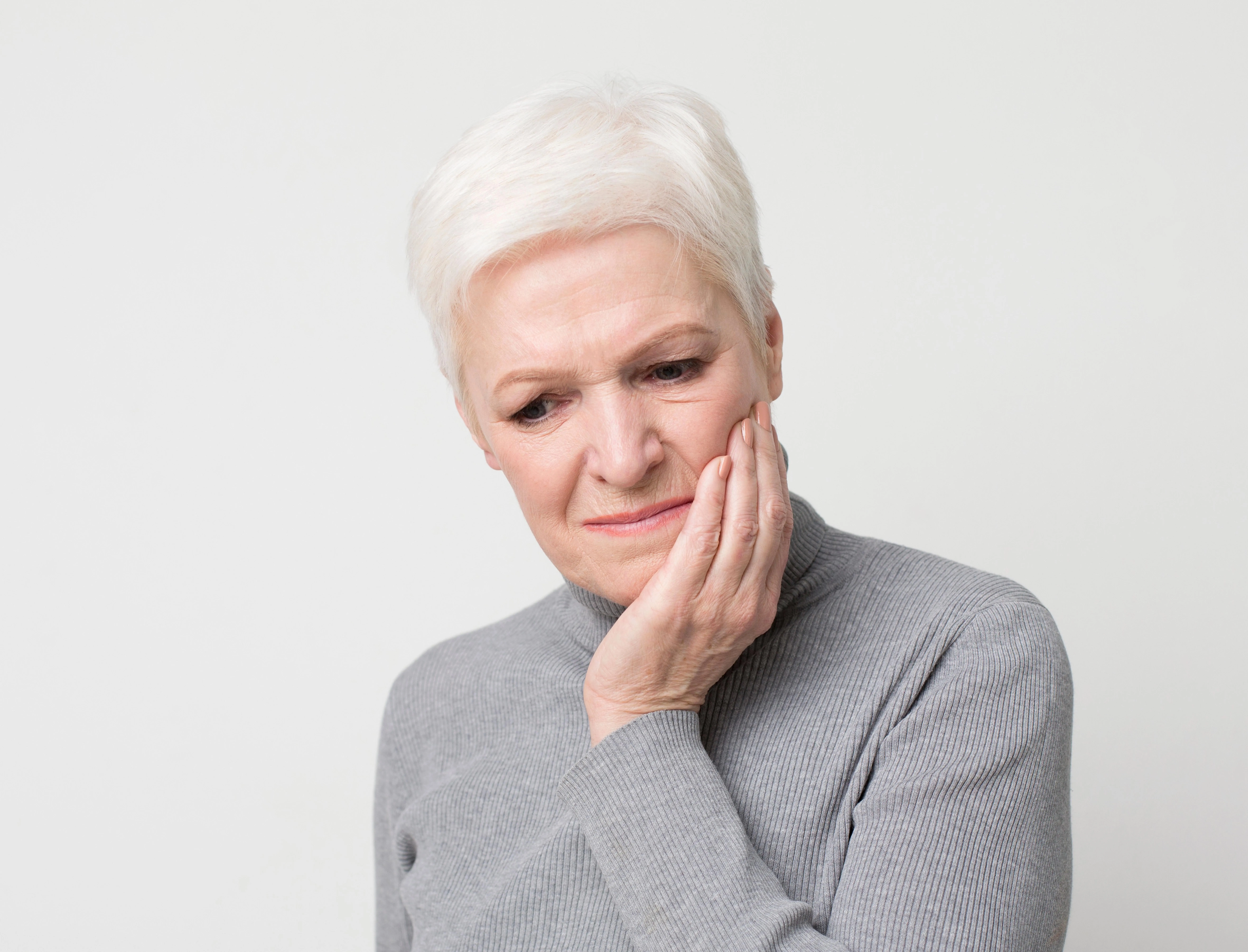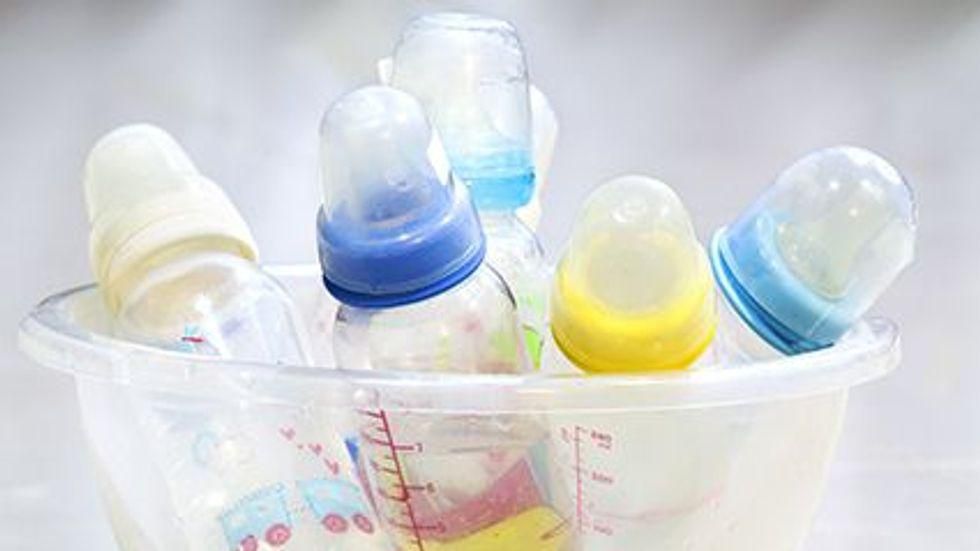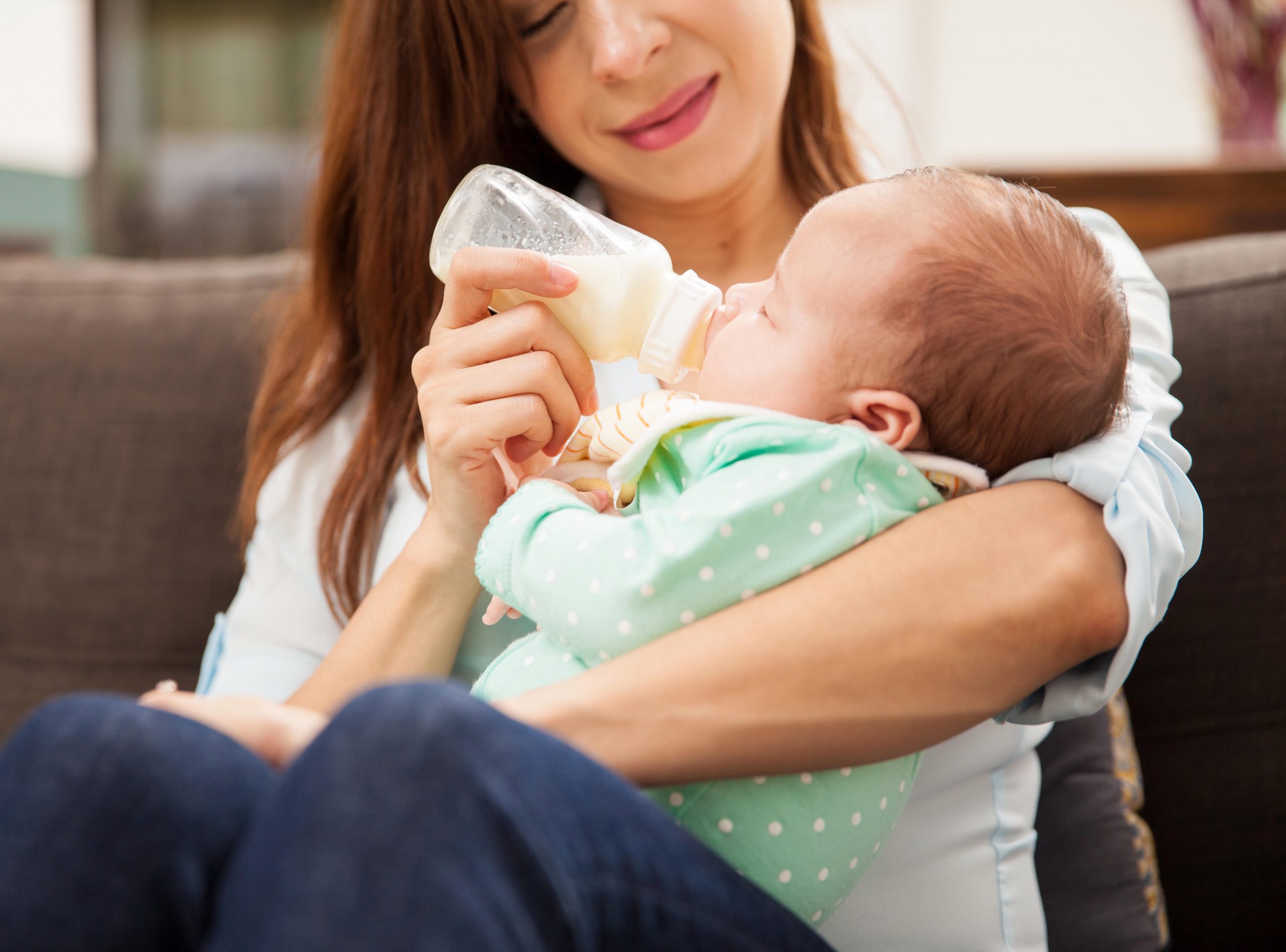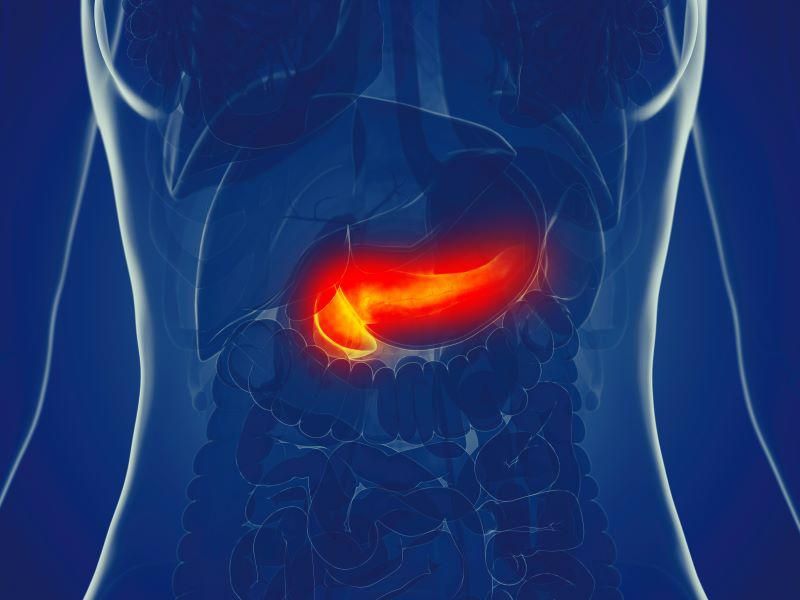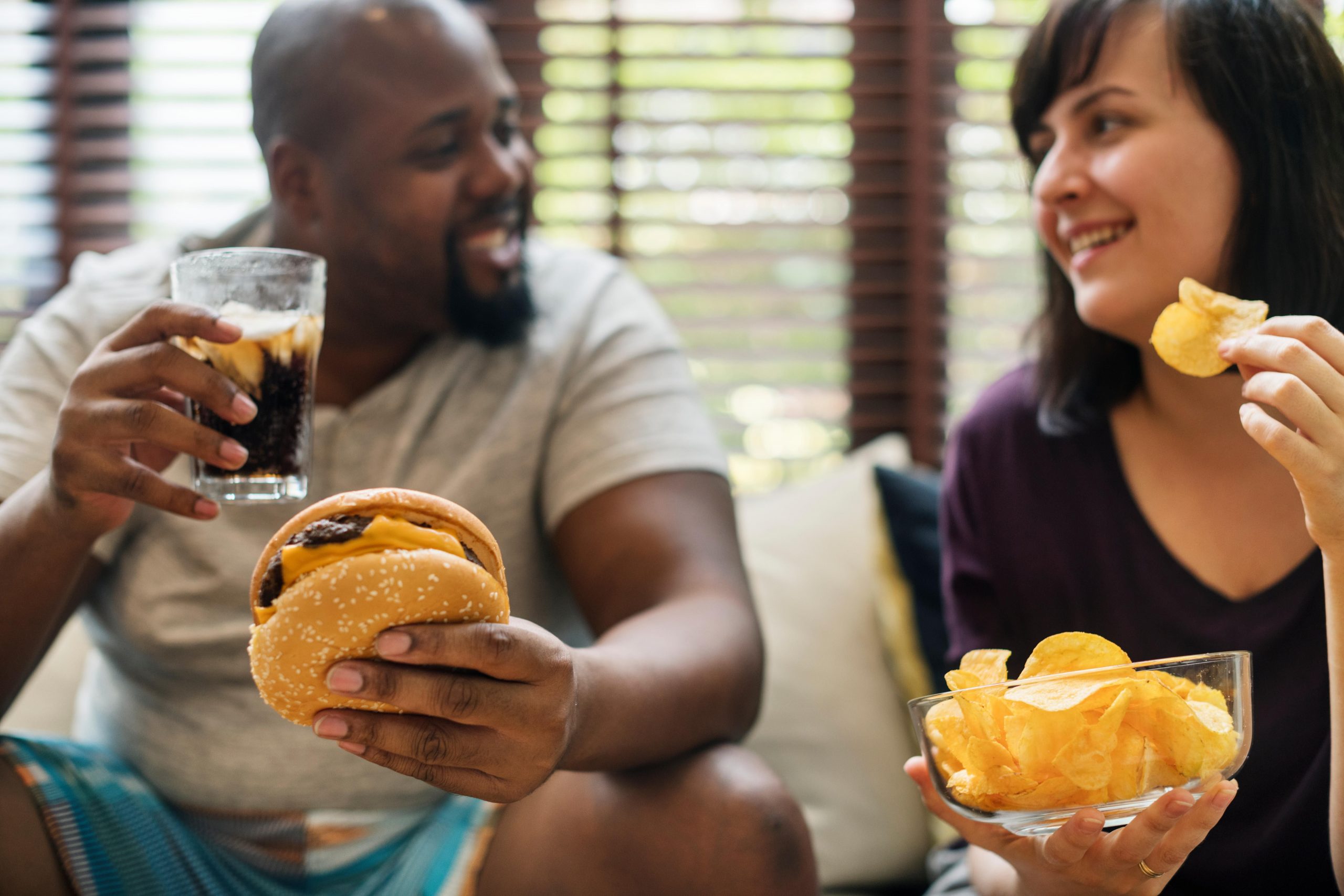
Will it be a cheeseburger or a salad? What will they think of me? A new study finds you’re more likely to choose to eat healthy if you’re with an “outsider” because you don’t want them to have a poor opinion of you. The study consisted of a series of experiments with several hundred adults… read on > read on >










